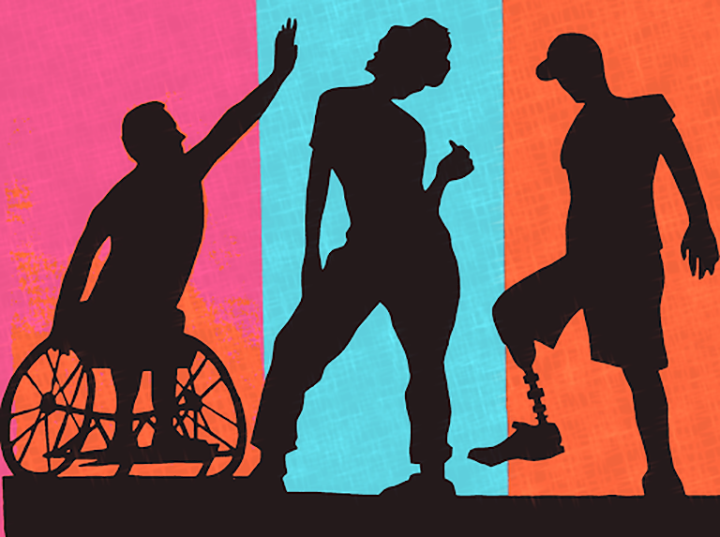News & Events
Disabled? Unisa offers expert support
By formally disclosing your disability, you gain immediate access to a range of academic and other support services at Unisa. Find out how.
In layman’s terms, disability disclosure is informing others about one’s disability status. Due to the increasing number of students with disabilities accessing universities, students with disabilities are encouraged to disclose their disabilities to receive reasonable accommodation and/or services from their prospective and or current universities. Reasonable accommodation refers to necessary and appropriate modification and adjustments, as well as assistive devices and technology that seek to increase performance of students receiving such support.
Yet, researchers globally have reported that students with disabilities are often unprepared to disclose their disability status, often play down the impact of their impairment and are, in some cases, unwilling to claim support that they are entitled to. This is mainly due to the perceived stigma and discrimination associated with disabilities in universities. Students with disabilities therefore choose not to disclose their disability for fear of unjust university application rejection. Others simply want to avoid being labelled within the tertiary environment as having “special” needs.
Another reason for the low rate of self-disclosure, especially in an ODeL environment, is that students lack the understanding of how to access services on campus, which impacts on their optimum utilisation of services and, ultimately, their academic progression.
On an institutional level, awareness raising is an important component to ensure that more students disclose their status, which is why the Student Retention Unit (SRU), as part of their First Year Experience (FYE) initiatives, encourages students with disabilities to disclose their disabilities upfront, specifically during application and registration, to ensure successful integration to UNISA’s teaching and learning, and to ensure provision to reasonable accommodation. Importantly, Unisa has a disability unit that focuses on the diverse needs and support for students with disabilities. The unit is called Advocacy Resource Centre for Students with Disabilities (ARCSWiD). They can be contacted via email at: arcswid@unisa.ac.za OR www.unisa.ac.za/arcswid
This comes with an understanding that non-disclosure has dire consequences resulting in lack of relevant provision of equal learning opportunities for students with disabilities by universities, and, as Mutanga, (2013:77) states, students who fail to disclose their disability “will remain in the eyes of institutions non-disabled”.[i]
* Submitted by Ziyanda Febana, Student Success Practitioner, Unisa Student Retention Unit
[i] Mutanga, O. (2013). I am a university student, not a disabled student’: Conceptualising identity and social justice in South African higher education through the capabilities approach lens. Journal of Educational Studies, 12(1), 76-88.
Publish date: 2020/09/17

